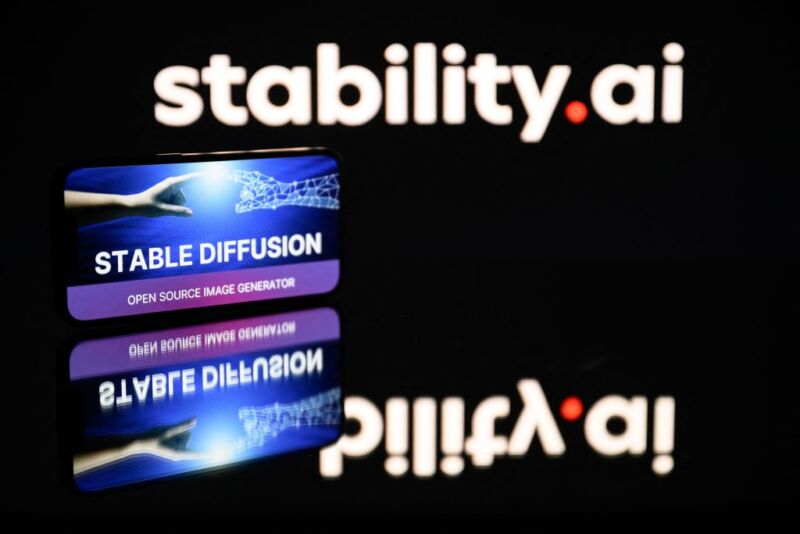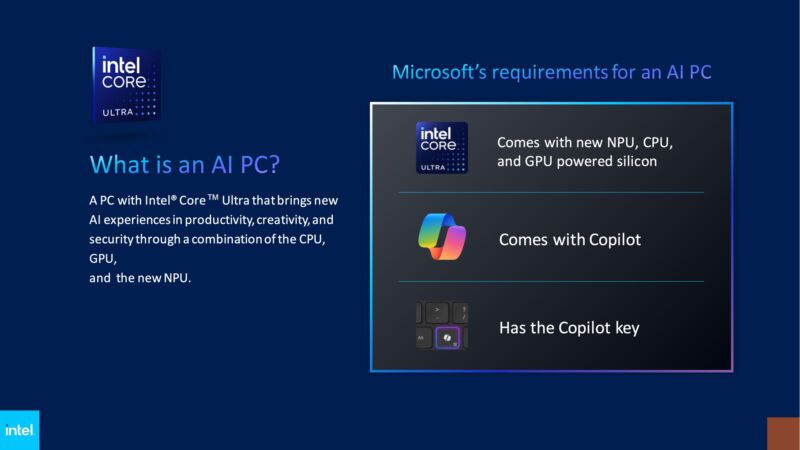-
 chevron_right
chevron_right
US, UK ink AI pact modeled on intel sharing agreements
news.movim.eu / ArsTechnica · Tuesday, 2 April - 13:42

Enlarge (credit: LagartoFilm/Dreamstime)
The US and UK have signed a landmark agreement on artificial intelligence, as the allies become the first countries to formally cooperate on how to test and assess risks from emerging AI models.
The agreement, signed on Monday in Washington by UK science minister Michelle Donelan and US commerce secretary Gina Raimondo, lays out how the two governments will pool technical knowledge, information and talent on AI safety.
The deal represents the first bilateral arrangement on AI safety in the world and comes as governments push for greater regulation of the existential risks from new technology, such as its use in damaging cyber attacks or designing bioweapons.









